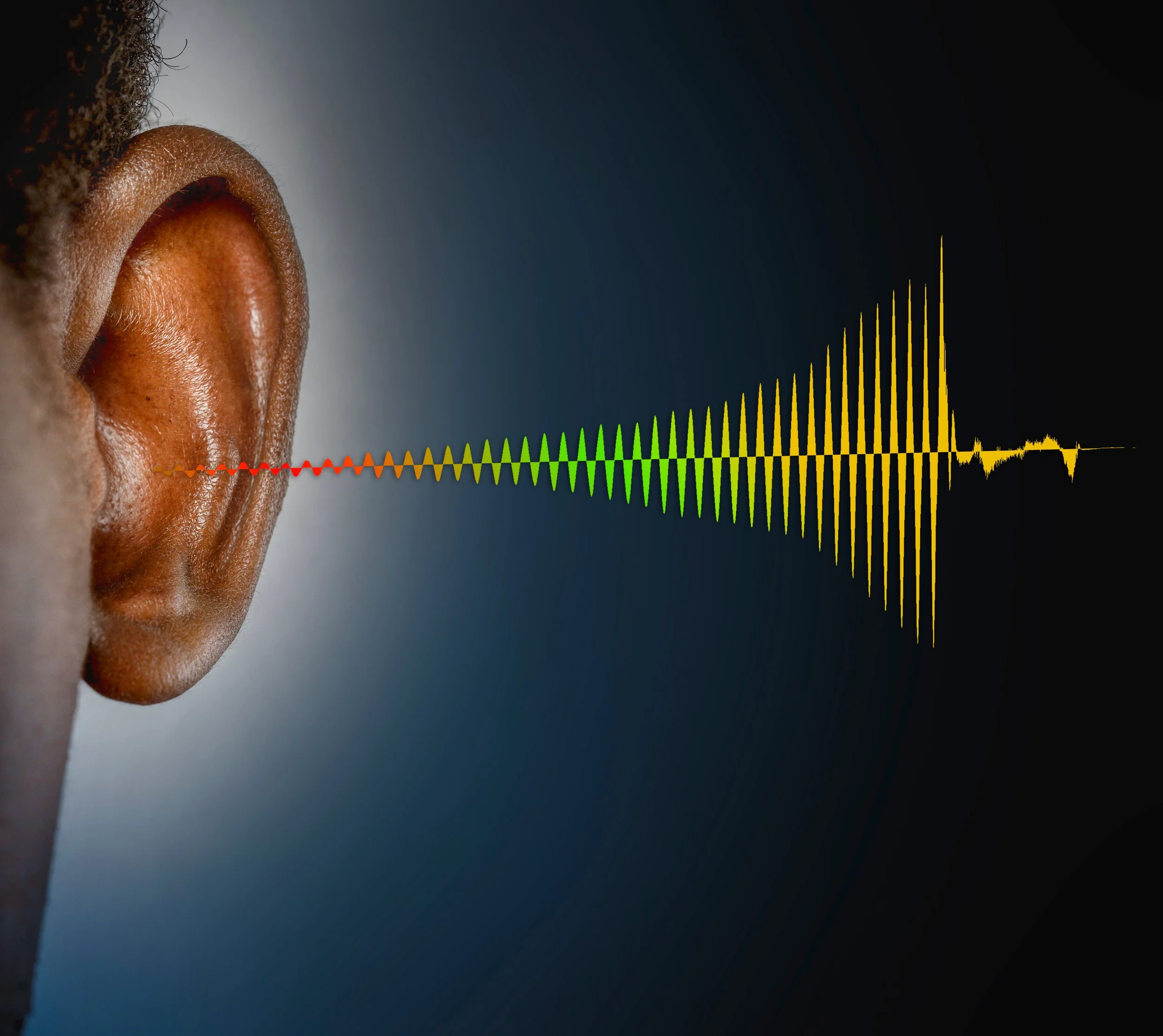The Soothing Symphony of the Ocean: A Lullaby of Sound Wave Frequencies
Introduction
As we navigate through the chaos of modern life, finding solace and tranquility can be a challenge. Our minds are often restless, and a peaceful night's sleep becomes an elusive dream. However, the answer to our sleep woes may lie in the timeless embrace of nature—the rhythmic and gentle sounds of the ocean. Beyond its breathtaking beauty, the ocean's symphony resonates with frequencies akin to the brain's alpha, theta, and delta waves, ushering us into a realm of deep relaxation and restful sleep.
Alpha Waves: The Gateway to Relaxation
When we find ourselves in a relaxed and restful state, our brains emit alpha waves. These brainwave frequencies range between 8 and 13 Hz, promoting a serene and calm mental state. Just like the soothing melody of the ocean's waves gently lapping against the shore, the rhythmic repetition of this natural sound mirrors the frequency of alpha waves in our brains.
Listening to music or recordings that simulate alpha waves, combined with the ocean's sound, can help induce a sense of tranquility, reduce stress, and prepare our minds for sleep. This harmonic blend washes away the noise of the day and creates a serene environment conducive to falling asleep peacefully.
Theta Waves: A Gateway to Deep Relaxation
Theta waves emanate from the brain when we enter a state of deep relaxation, drowsiness, or meditation. These brainwave frequencies range between 4 and 8 Hz and often accompany vivid dreams or profound insights. The ocean's rhythmic ebb and flow, with its hypnotic and repetitive cadence, harmonizes with the theta waves, encouraging our minds to wander into a realm of tranquility.
By combining the ocean's soothing sounds with music or recordings that mimic theta waves, we can induce a state of deep relaxation. This soundscape helps us let go of the day's tensions and prepares our minds for a more profound and rejuvenating slumber.
Delta Waves: The Gateway to Deep Sleep
Delta waves are associated with the deepest stage of sleep—the dreamless, restorative state where our bodies rejuvenate and heal. These slow brainwave frequencies range from 0.5 to 4 Hz, allowing us to experience profound and uninterrupted rest. The ocean's low, resonating rumble, reminiscent of distant thunder, matches the calming rhythm of delta waves, inviting us into a realm of blissful slumber.
By immersing ourselves in the harmonious blend of the ocean's sounds and music or recordings that simulate delta waves, we can synchronize our brainwaves to these frequencies. This synchronization helps us achieve a deep, uninterrupted sleep, waking up refreshed and revitalized.
The Ocean's Call: A Natural Sleep Aid
The sounds of the ocean hold remarkable similarities to the frequencies of alpha, theta, and delta waves. Nature's symphony, combined with music or recordings tailored to these brainwave frequencies, creates a powerful sleep aid. By embracing the ocean's song, we can establish a soothing bedtime routine and cultivate an environment that nurtures our sleep.
In addition to simulating these brainwave frequencies, the ocean's sounds also provide a white noise effect that masks other disruptive noises, ensuring a more peaceful sleep environment. Its gentle and continuous rhythm creates a sense of familiarity and safety, easing our minds and helping us let go of the day's worries.
Conclusion
In the depths of our beings, we yearn for a restful night's sleep, a sanctuary where our bodies and minds can find solace. The harmonious sounds of the ocean offer us a gateway to that sanctuary, aligning our brainwave frequencies with the natural cadence of relaxation, deep relaxation, and sleep.
By integrating the soothing sounds of the ocean into our bedtime routine, we can create a serene and peaceful atmosphere that promotes deep and restorative sleep. Whether it's listening to recordings, music, or even physically being near the ocean, immersing ourselves in its symphony of sound wave frequencies can have profound effects on our sleep quality.


